Model Speech Policies
FIRE catalogs campus speech codes — policies that impermissibly regulate or restrict student expression — at hundreds of American colleges and universities. Use these model policies to improve speech codes on your campus.
FIRE’s college policy reform team works to proactively and systematically challenge campus policies that violate college students’ and faculty members’ free speech rights.
FIRE maintains a database that catalogs the speech codes of over 475 colleges and universities nationwide. That data fuels FIRE’s policy awareness and college reform advocacy efforts, giving us the ability to directly work with administrators to offer analysis and advice, coordinate targeted publicity efforts like FIRE’s Speech Code of the Month series; and publish our annual Spotlight on Speech Codes report reviewing the state of free speech at America’s colleges and universities.

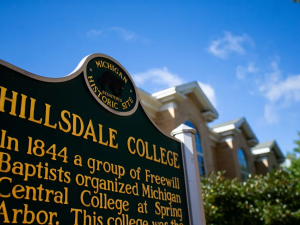
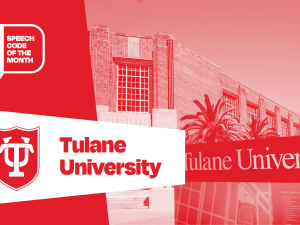

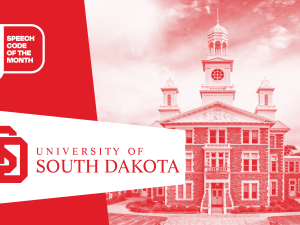
FIRE’s Spotlight Database rates policies that regulate student expression at over 475 colleges and universities. Learn more about speech policies on your campus.

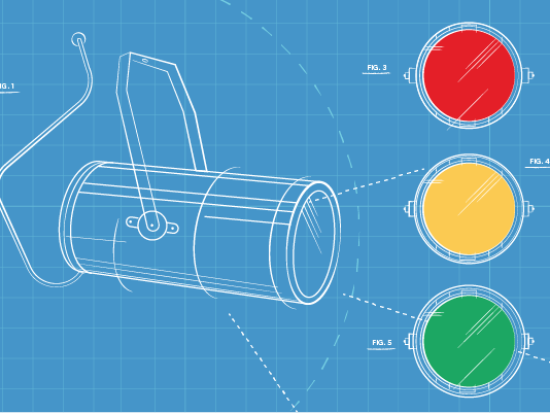
FIRE catalogs campus speech codes — policies that impermissibly regulate or restrict student expression — at hundreds of American colleges and universities. Use these model policies to improve speech codes on your campus.
The “Chicago Statement” is a model free speech policy statement that many universities have adopted, affirming their commitment to free expression.

Resources to help advance speech-protective policies on campus.

FIRE's Spotlight reports survey speech codes at America’s largest and most prestigious colleges and universities, providing readers with key data on individual schools and national trends.

Whether you are a college student, professor, administrator, alumnus, or concerned citizen, FIRE encourages you to get in touch with us to revise your college’s policies and uphold the First Amendment.

Frequently asked questions about the gold standard in college free speech policies.
FIRE's 2024 College Free Speech Rankings are based on the voices of more than 55,000 students at 248 colleges and universities, and are designed to help parents and prospective students choose the right school.
| Rank | School | Overall | Speech Code |
|---|---|---|---|
| 1 | Michigan Technological University Public | 78/100 | Green |
| 2 | Auburn University Public | 72/100 | Green |
| 3 | University of New Hampshire Public | 72/100 | Green |
| 4 | Oregon State University Public | 71/100 | Green |
| 5 | Florida State University Public | 69/100 | Green |
| 6 | University of Virginia Public | 68/100 | Green |
| 7 | Texas A&M University - College Station Public | 67/100 | Green |
| 8 | George Mason University Public | 67/100 | Green |
| 9 | University of North Carolina - Greensboro Public | 67/100 | Green |
| 10 | University of Colorado Boulder Public | 66/100 | Green |
FIRE regularly works with students, faculty, and administrators to help implement model speech policies.

As a student, you can fight back against campus censors by joining the FIRE Student Network, a coalition of students dedicated to advancing civil liberties on their campuses.

This handbook is designed to help university administrators identify and remedy the errors FIRE most often sees when reviewing policies that govern student and faculty speech.

FIRE’s faculty resources include publications and teaching materials, faculty conferences and webinars, tools for defending academic freedom, and other opportunities.
FIRE analyzes disciplinary procedures at 53 top-ranked institutions and rates them based on 10 fundamental elements of due process.
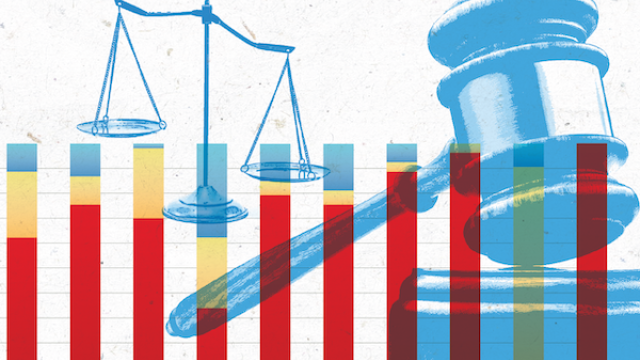

Before you can become a free speech advocate at your school, it is essential that you know exactly what rights the First Amendment protects, how those rights apply to university students, the ways you can take advantage of those rights, and how to promote college reform efforts on campus.
Learn about how to ignite your free speech rights today!
Learn more about how FIRE advocates for your rights.
Subscribe to FIRE updates to get the latest free speech news in your inbox as it happens!
